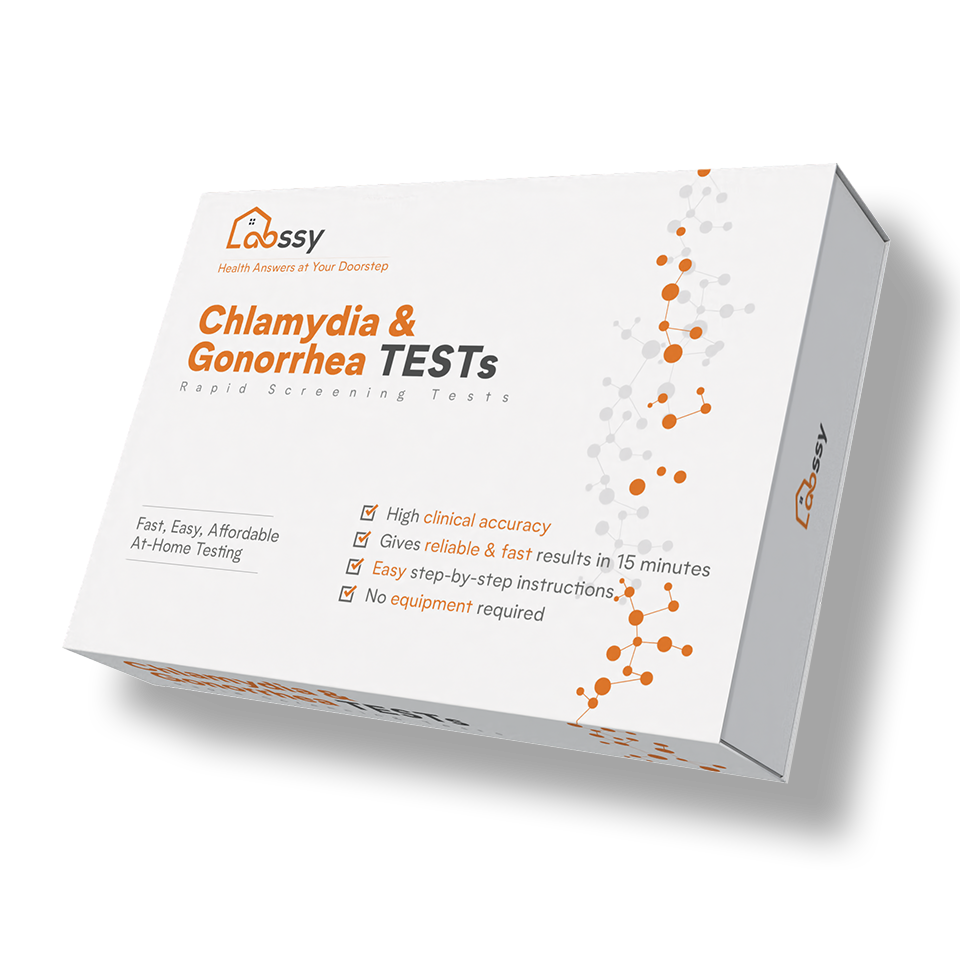Have Questions?
We Have Answers.
Get quick solutions to your common care concerns.
When do I need to test?
You should test when you suspect you've been exposed to a sexually transmitted infection (STI), even if you don’t have symptoms. STIs have incubation periods, meaning they take time before they can be detected:
- Chlamydia: 1–3 weeks after exposure
- Gonorrhea: 2–6 days, but test after 1 week for accuracy
- Herpes (HSV-1 & HSV-2): Symptoms may appear within 2–12 days, but antibodies may not show in blood for up to 6 weeks
- Syphilis: 3 weeks after exposure is ideal for testing (though it can vary between 10–90 days)
Testing too early can lead to false negatives. If in doubt, wait until the end of the window period or consult a healthcare provider.
What do I do if the result is positive?
If your test comes back positive, it's important to contact a healthcare provider for professional medical advice, confirmatory testing, and treatment. This test is designed for personal screening purposes and should not be used as a substitute for professional diagnosis. Please avoid any sexual contact until you've spoken to a doctor.
When will I receive my order?
We ship all orders the same business day if placed before our cut-off time. Delivery usually takes 1 business day, but it can the up to 2 business days depending on your location.
Is the test discreet?
Yes. Your privacy is very important to us. All kits are shipped in plain, unbranded packaging with no mention of sexual health or testing on the outside.
How accurate is the home test kit?
Our home rapid test kits are designed for convenient self-screening and are over 98.7% accurate when used correctly. However, they are not a substitute for laboratory testing or a medical diagnosis. For confirmation and treatment, always consult a healthcare professional.
Why should I get tested for sexually transmitted diseases regularly?
Sexually transmitted diseases often go undetected due to missing or ambiguous symptoms. Therefore, it's important to get tested regularly. This is the only way to prevent an untreated infection from leading to long-term damage, such as infertility. Regular testing also helps prevent the spread of these diseases and protects those around you from potential infection.


